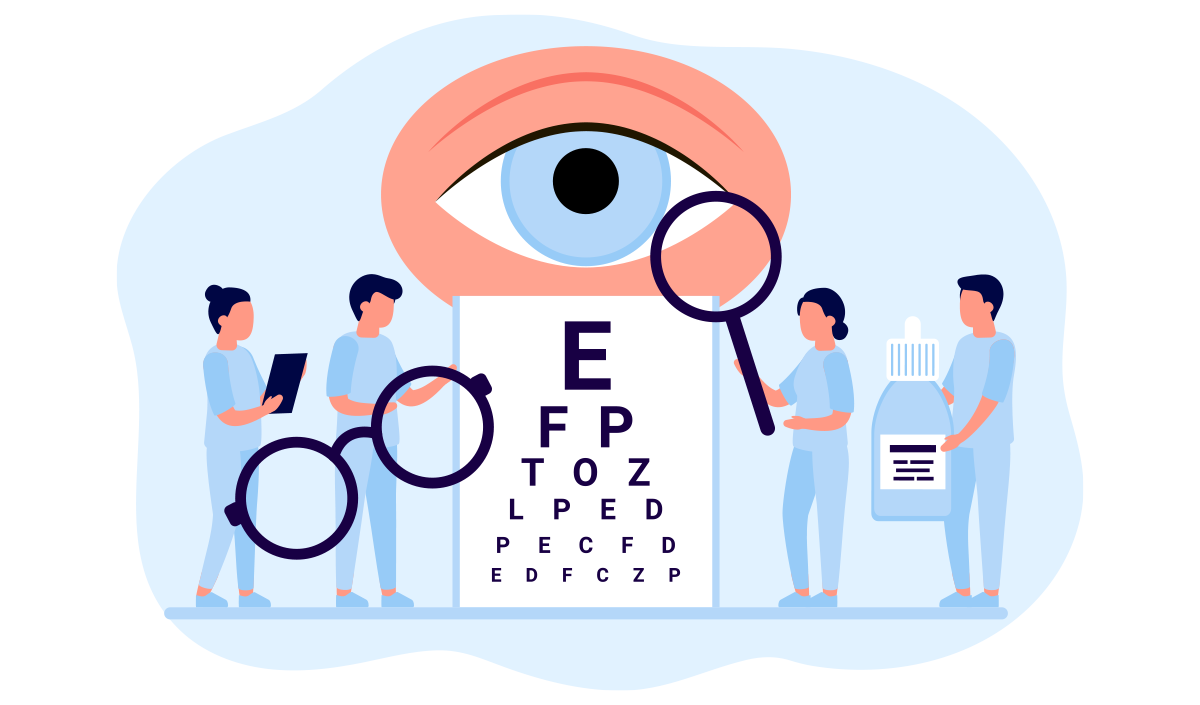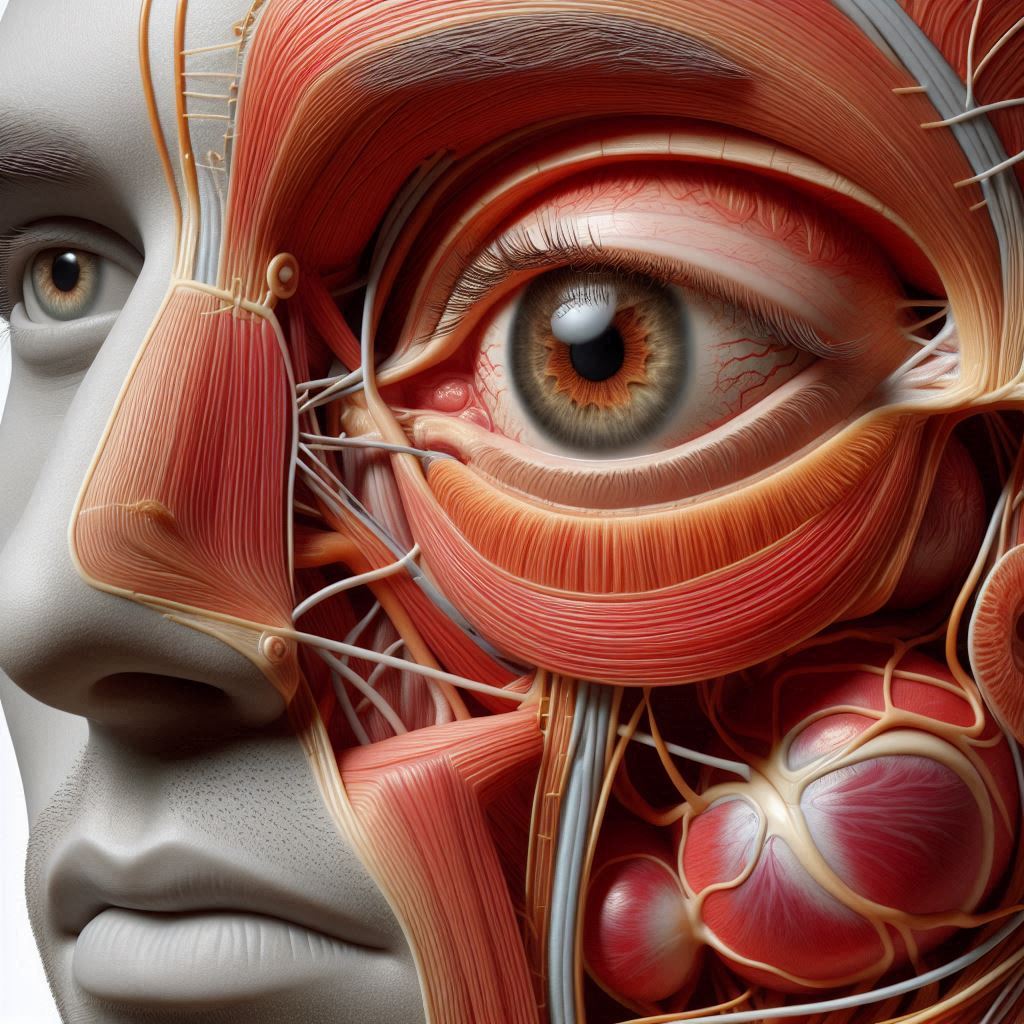This Course Structure is Curated as per the NEP-2020 Guidelines
Course Overview
Master of Optometry (M.O) program at Malla Reddy Vishwavidyapeeth, Hyderabad, is a postgraduate course designed to provide advanced knowledge and skills in diagnosing, managing, and treating a wide range of visual and ocular conditions.
This program focuses on equipping students with the theoretical knowledge and hands-on skills from 1st semester itself. The curriculum focuses on advanced clinical optometry, ocular disease management, low vision rehabilitation, and specialty contact lens fitting. Students gain hands-on experience using state-of-the-art diagnostic equipment, conducting detailed eye examinations, and managing complex visual impairments.
Graduates of this program emerge as ‘Skilled Senior Optometrists’, enabling them to pursue further higher studies & do research in Optometry and Vision Science, along with plenty of job opportunities globally in hospitals, eye care clinics, academic institutions, and research centers.

Course Details
Description: 2 Years Degree Program
No. of Seats: 20
No. of Credits: 80 minimum & as specified
- Eligibility
- Curriculum Structure
- Program Outcomes
- Career Enhancement
- Higher Studies
- Job Roles & Progression
The minimum eligibility is a B.Sc. degree in Optometry, Ophthalmic Technology or equivalent with at least 50% aggregate marks from a recognized university.
Semester | Name of the Subject |
Semester 1 | Advanced Ocular Anatomy and Physiology, Clinical Optometry Techniques, Ophthalmic Optics, Visual Perception and Psychophysics, Practical: Refraction Techniques |
Semester 2 | Ocular Diseases and Management, Contact Lens Technology, Low Vision and Rehabilitation, Pediatric Optometry, Practical: Ocular Disease Diagnosis |
Semester 3 | Binocular Vision and Orthoptics, Public Health and Community Optometry, Research Methodology and Biostatistics, Advanced Contact Lens Fitting, Practical: Orthoptic Exercises |
Semester 4 | Practice Management in Optometry, Geriatric Optometry and Vision Care, Thesis/Research Project, Practical: Vision Screening and Practice Management |
- Clinical Optometry Skills: Proficiency in performing eye examinations, vision testing, and refraction.
- Ocular Disease Management: Skills in diagnosing and managing common ocular diseases, including glaucoma, cataracts, and diabetic retinopathy.
- Contact Lens Technology: Expertise in fitting and managing various types of contact lenses, including specialized lenses.
- Low Vision Rehabilitation: Knowledge in assisting patients with low vision through devices, therapy, and counseling.
- Binocular Vision and Orthoptics: Skills in assessing and managing binocular vision disorders and performing orthoptic exercises.
- Optometry Practice Management: Ability to manage an optometry practice, including patient scheduling, billing, and compliance.
- Certification in Contact Lens Fitting: Specialized training in advanced contact lens fitting, including rigid and specialty lenses.
- Low Vision and Rehabilitation Certification: Focuses on managing and rehabilitating patients with low vision.
- Ocular Disease and Therapeutic Management Certification: Covers advanced techniques for diagnosing and managing ocular diseases.
- Orthoptics and Binocular Vision Therapy Certification: Training in assessing and treating binocular vision disorders.
- Practice Management in Optometry Certification: Provides skills in managing and operating an optometry practice effectively.
- Ph.D. in Vision Science or Optometry
- Fellowship in Ocular Disease or Contact Lenses
- Postgraduate Diploma in Pediatric or Geriatric Optometry
- Advanced Certifications in Low Vision Therapy or Public Health Optometry
Duration | Roles and Responsibilities | Salary Range |
0-3 years | Optometrist, Clinical Vision Technician | ₹4,50,000 – ₹6,50,000 per annum |
3-5 years | Senior Optometrist, Ocular Disease Specialist | ₹6,50,000 – ₹9,00,000 per annum |
5-10 years | Optometry Clinic Manager, Low Vision Specialist | ₹9,00,000 – ₹12,00,000 per annum |
10+ years | Director of Optometry Services, Chief Clinical Optometrist | ₹12,00,000+ per annum |
Note: Salaries vary based on experience, location, and type of healthcare institution.

Fee Structure Per Academic Year
| Tuition Fee | Miscellaneous Fee | Scholarship | ||
| 200000 ₹ | 10000 ₹ | Above 90% – 40000 ₹ | Between 81-90% – 20000 ₹ | Between 71-80% – 10000 ₹ |




